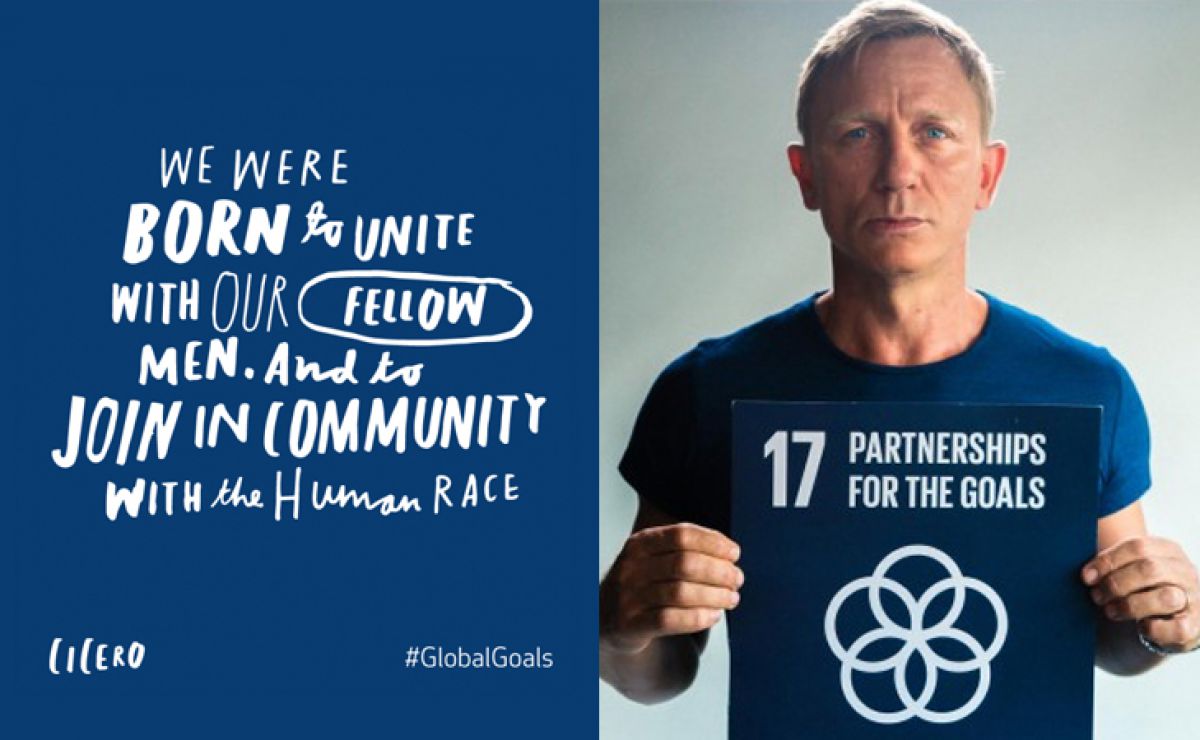Why do we need the SDGs?
02 February 2021
Post by Admin

What are the SDGs, and why do we need them?
What are the SDGs?
SDGs are a set of 17 goals and 169 targets aimed at resolving the social, economic and environmental problems troubling the world. Covering the next 15 years, the SDGs replace the Millennium Development Goals (MDGs).
Why do we need the SDGs?
- Around 800 million people still live in extreme poverty and suffer from hunger, with fragile and conflict-torn states experiencing the highest poverty rates
- Between 2008 and 2012, 144 million people were displaced from their homes by natural disasters, a number predicted to rise as the planet warms, bringing more extreme weather and rising seas
- Water scarcity affects 40 percent of the global population and is projected to increase
- Some 946 million people still practice open defecation
- Gender inequality persists in spite of more representation for women in parliaments and more girls going to school.
If we meet the SDGs, how will the world improve?
The 17 goals aim to achieve these wider aims by 2030:
- End poverty and hunger everywhere
- Combat inequalities within and between countries
- Build peaceful and inclusive societies
- Protect human rights and promote gender equality and the empowerment of women and girls
- Ensure lasting protection of the planet and its natural resources
- Create conditions for sustainable, inclusive and sustained economic growth, shared prosperity and decent work for all
The United Nations says the SDGs go much further than the previous goals, because they address the root causes of poverty and pledge to leave no one behind, including vulnerable groups
They also emphasize the need to tackle climate change urgently and protect the environment through a shift to sustainable consumption and production. The SDGs are intended to be universal, applying to all countries rather than just the developing world. They recognize the key role of the private sector in pursuing and financing sustainable development, in partnership with governments and civil society.
Source: https://bit.ly/3j8O90C
